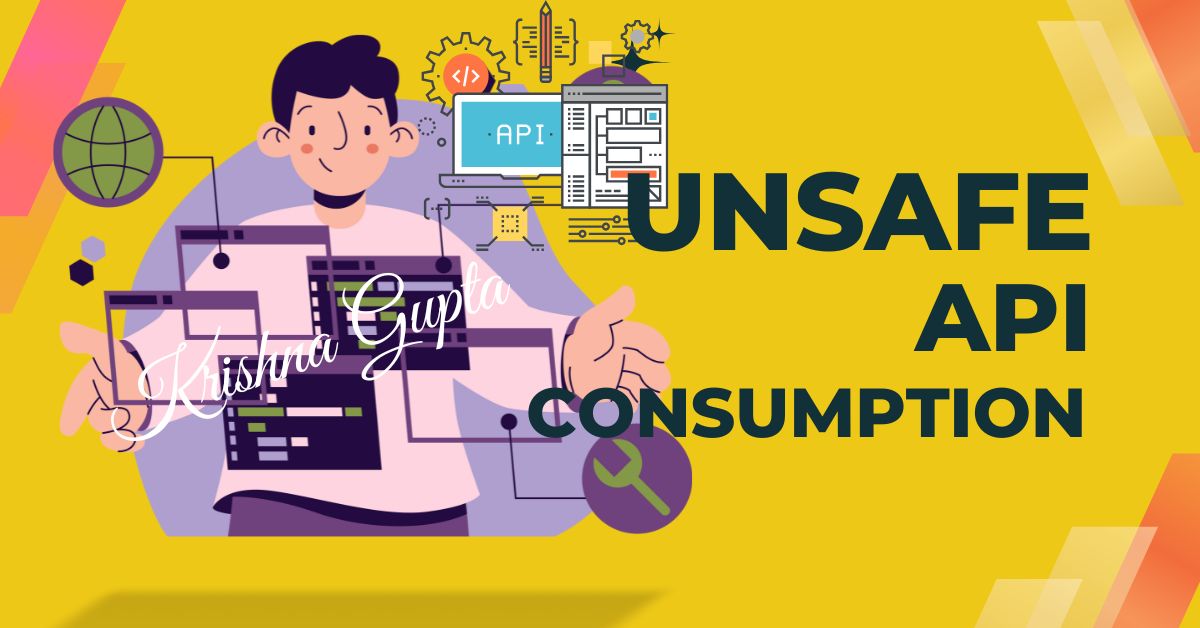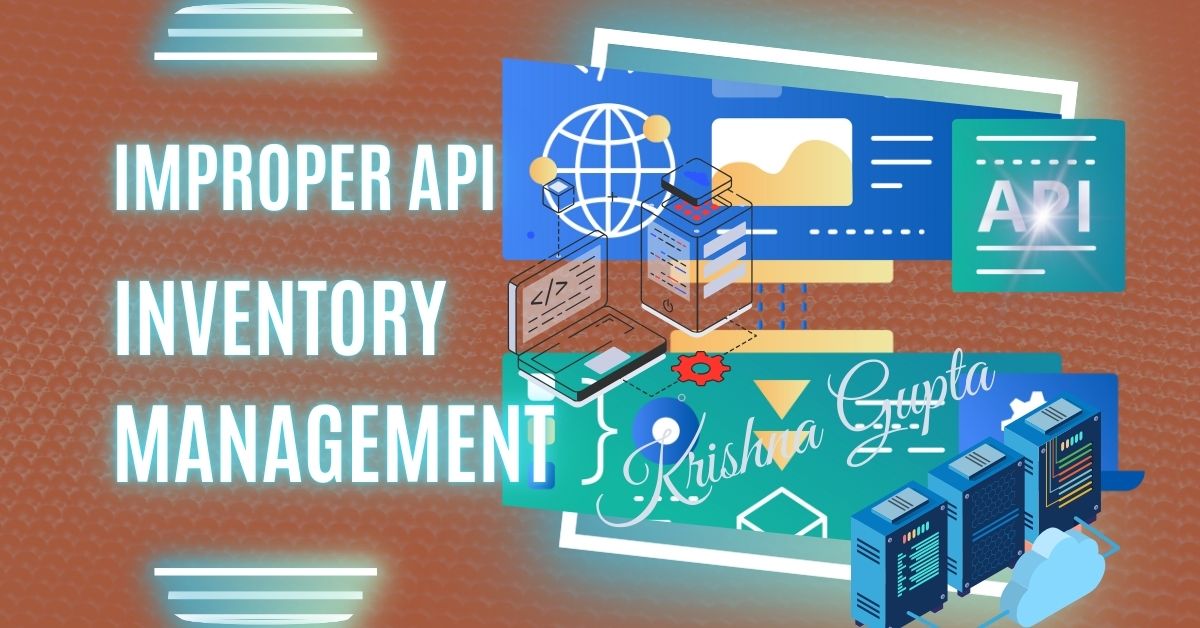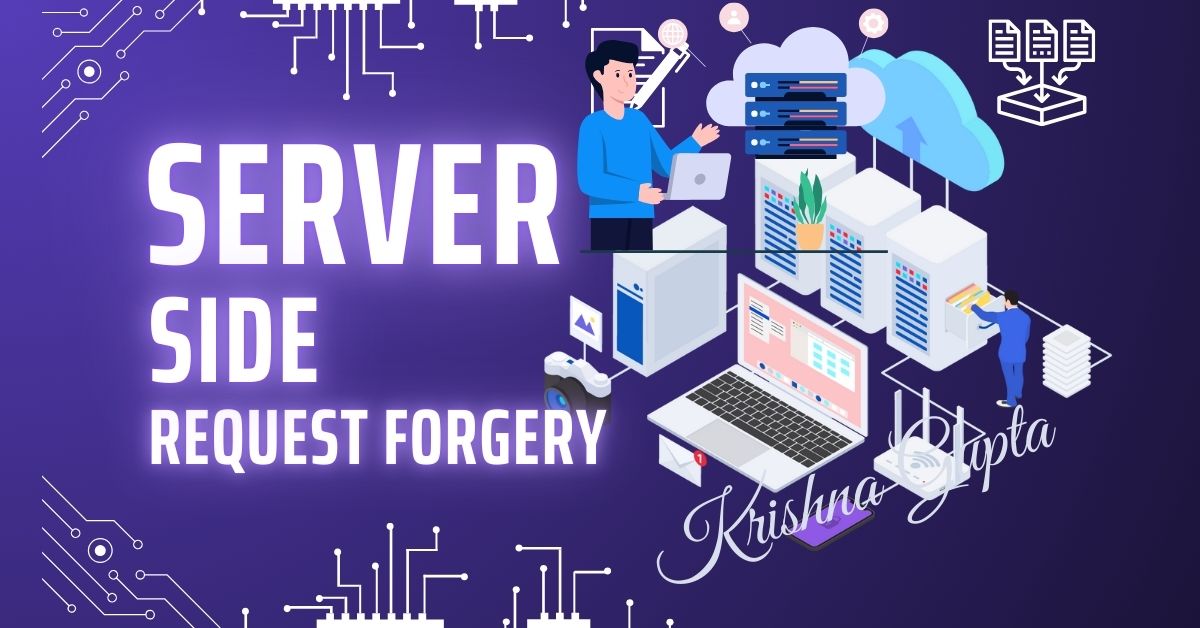The One Number That Could Destroy Your Business: How IDOR Exposes Sensitive Data”
In the modern digital ecosystem, APIs (Application Programming Interfaces) form the backbone of communication between systems, applications, and users. They allow for seamless interactions, but they can also unwittingly open floodgates to catastrophic security breaches. Among the most insidious yet deceptively simple vulnerabilities are those tied to Insecure Direct Object References (IDOR).




